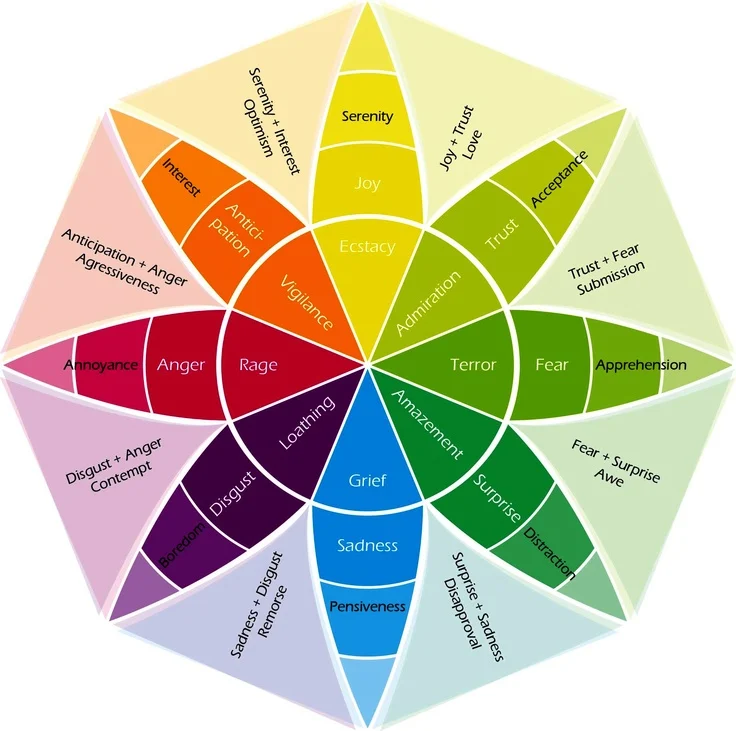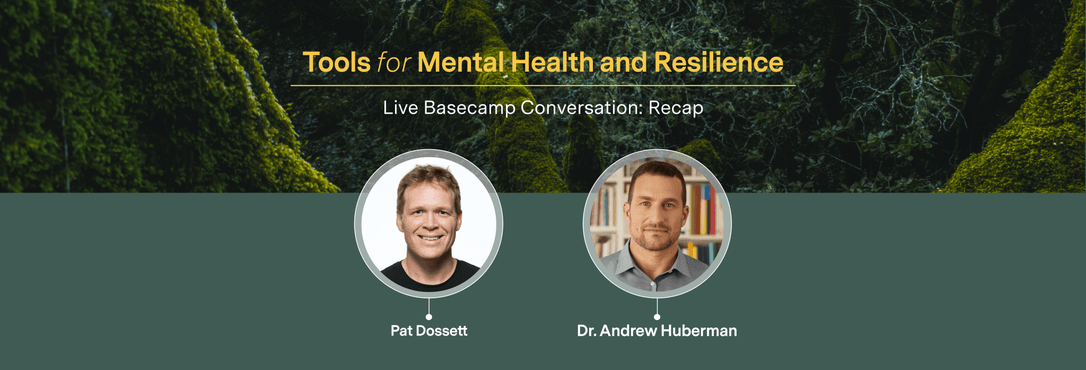For our November Text Challenge, we partnered with one of the world's leading experts on emotion, Lisa Feldman Barrett, Ph.D., to help you master your emotions this holiday season.
The holiday season can be a time of high emotional demand that leaves even the jolliest of us feeling exhausted. Why is that and is there a way to manage these emotions more effectively?
Each day of the 7-day Challenge focused on 1 simple, science-backed action step to do that helped Members learn the science and tools to optimize any situation for emotional health. Our goal was to help you walk away from the holidays feeling connected, energized, and refreshed.
If you missed the Text Challenge, we've got you covered! We've included the daily Challenges below and encourage you to try each of them out. Ready to get started?
Daily Challenges
Day #1:
Why do I have a brain? Your brain's primary job is to predict how to allocate resources for your body BEFORE it needs them. When your body has what it needs to do what it needs to do, your body budget is in balance. The state of your body budget can show-up as pleasant and unpleasant feelings.
Over time, a body budget that's out of balance leads to negative health outcomes. Things like hydration, quality rest, and sunlight all impact your body budget. Your challenge is to check in with your body budget today. Can you trace a feeling or sensation you have to a foundational need that is impacting your body budget? Share with us what you notice!
Day #2:
How does my brain create emotions? Emotions are not hardwired at birth. Your brain constructs present emotion based off past experience and the current state of your body budget—this internal model and reality is unique to you. Emotions are an extension of this model.
You may experience anxiety when your heart races, while another person experiences anticipation. Or, you might have just had too much coffee. Curiosity helps you update your internal model and rewire future predictions. Look out for a strong emotion today - where could it be coming from? What prediction is your body making in that moment? Share with us what you notice!
Day #3:
What happens if my body budget is bankrupt? Bankruptcy occurs when your body budget is in deficit for a long period of time. You may experience this as sustained negative emotion. Bankruptcy makes it harder to update your internal model. But, making small, intentional deposits to your body budget can be surprisingly beneficial. Today, make a deposit by cultivating a feeling of AWE.
No need to see the Northern Lights, simply take 5 minutes to direct your attention to something bigger than yourself (tall trees, horizon, clouds) and contemplate the vastness of the world. As Dr. Barrett says, "when you experience awe, you are a speck. If you are a speck, then your problems are too. It's like taking a deep breath & giving your nervous system a break." How did it go?
Day #4
How else can I improve my brain's predictive power? Learn new words! Increase your ability to create more flexible and accurate predictions by adding new emotion concepts your brain can use to predict in real-time. The ability to construct finely-grained emotional experiences (high emotional granularity) is a key to better physical and emotional health.
Today, use the Wheel of Emotion to be more precise about an emotion you are experiencing. The ability to distinguish between “feeling resentful” instead of a simpler, “feeling angry”, gives your brain more data to use to predict and regulate your body budget - ultimately impacting how you feel and experience life. Share your new emotion words with us!

Day #5
Novelty = Power. Today, seek out a new perspective. Focus less on whether or not you agree with it and more on trying to understand what set of unique conditions led to it. Your brain will use that data to make new predictions when interacting with someone that might normally deplete you, elevating your predictive power to navigate the world around you. What did you learn?
Day #6
The challenge today is to link a biological sensation to a negative emotion you are experiencing. Can you recategorize the sensation into something more positive? It might not be 100% true but it helps your brain detach from the negative emotion & updates future predictions to be less taxing on your body budget. It takes practice but has big returns. Share your experience with us!
Day #7
Why is connection so important? We are social beings and our interactions with others impact our body budget. Our nervous systems are at their best when positively engaged with others. This means that you have the power, opportunity, and responsibility to help others (and yourself) stay in balance!
Whether it's in person or via text - words matter. The challenge today is to make a "surprise deposit" in 3 people's body budgets. Send an unexpected "I ❤️ U" text or call a friend and give them a genuine compliment. It's likely you will feel the effects as well. You will be at your best when you are bringing out the best in those around you. Share your experience with us!



